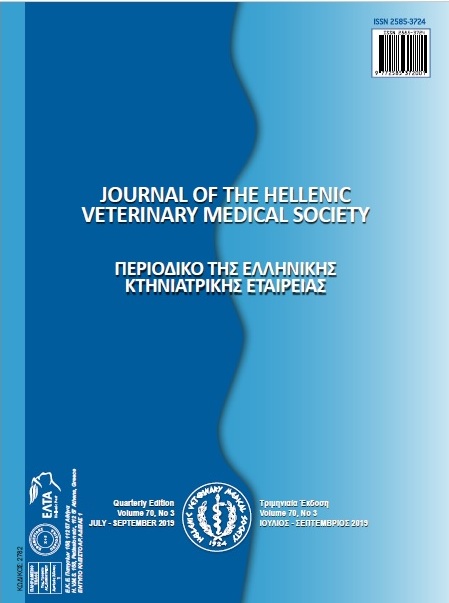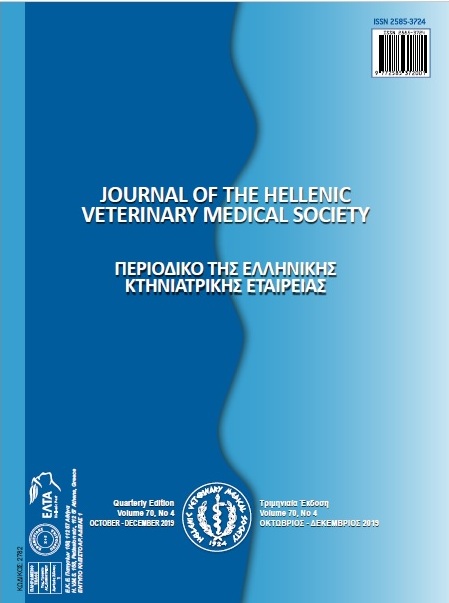Nanotechnology and its Considerations in Poultry Field: An Overview
Аннотация
Nanotechnology is an emerging science field that in the years to come could have countless beneficial effects on every aspect of everyday life including animal farming. Recently, research in this sector has shown the potential for many different applications in Veterinary practice. In poultry farming in particular, various nanoparticles have been experimentally used for several purposes such as: alternative to antibiotics as growth promoters, as feed additives to enhance and improve the growth rate, performance, immunity, resistance to pathogens and increase the quality of meat. In laying hens, they can have a positive influence to both quantity and quality of eggs. Moreover, nanomaterials applied in embryonated chicken eggs can improve embryos development. The aim of this overview is to provide a description of potential nanotechnology applications for poultry sector and discuss any challenges or obstacles including the matters of safety of application of these nanomaterials in animals, in humans and of course in the environment.
Article Details
- Как цитировать
-
ABD EL-GHANY, W. (2019). Nanotechnology and its Considerations in Poultry Field: An Overview. Journal of the Hellenic Veterinary Medical Society, 70(3), 1611–1616. https://doi.org/10.12681/jhvms.21783
- Выпуск
- Том 70 № 3 (2019)
- Раздел
- Review Articles

Это произведение доступно по лицензии Creative Commons «Attribution-NonCommercial» («Атрибуция — Некоммерческое использование») 4.0 Всемирная.
Authors who publish with this journal agree to the following terms:
· Authors retain copyright and grant the journal right of first publication with the work simultaneously licensed under a Creative Commons Attribution Non-Commercial License that allows others to share the work with an acknowledgement of the work's authorship and initial publication in this journal.
· Authors are able to enter into separate, additional contractual arrangements for the non-exclusive distribution of the journal's published version of the work (e.g. post it to an institutional repository or publish it in a book), with an acknowledgement of its initial publication in this journal.
· Authors are permitted and encouraged to post their work online (preferably in institutional repositories or on their website) prior to and during the submission process, as it can lead to productive exchanges, as well as earlier and greater citation of published work.




